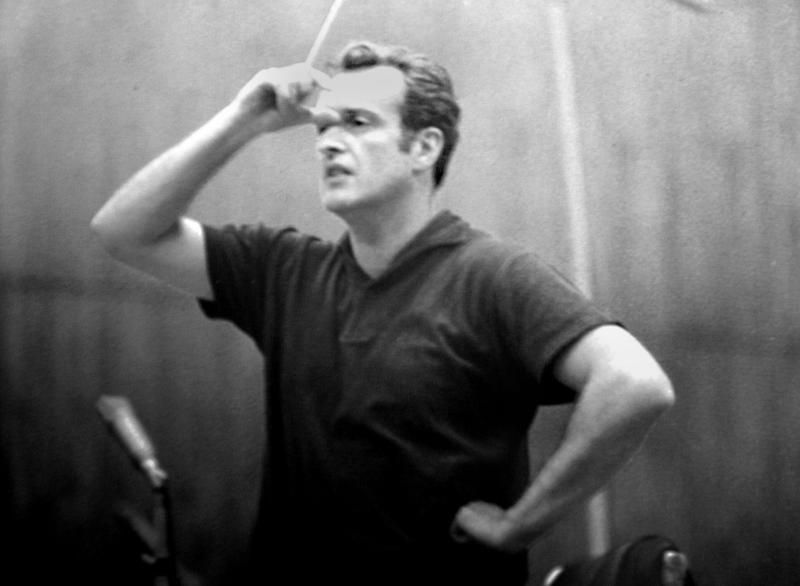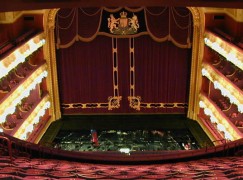Carlos Kleiber remembered, 20 years on
OrchestrasTwenty years after his lonely death, apparently by his own hand, Carlos Kleiber stands out in memory as the most accomplaished conductor the world has ever seen.
Every Carlos performance – and there were not many in all – is treasured for a perception of the perfection that we came to expect from this unique interpreter.
The son of a great conductor, he confined himself to the works his father commanded – from Beethoven to Berg – but Carlos brought to them a devilment and an energy that old Erich would have disdained.
His friends Abbado and Muti watched in wonderment from opposing perspectives. His musicians received notes on their desk in the interval, telling them whatever he had failed to convey with the most expressive baton ever seen.
He was Carlos Kleiber.
He showed suffering and satisfaction in his face, regret and remose in his shoulders.
He got thropugh this life without once speaking to the media. His mother tongue was English. His wit was waspish and self-unsparing. Once heard, he was never forgotten.






Comments